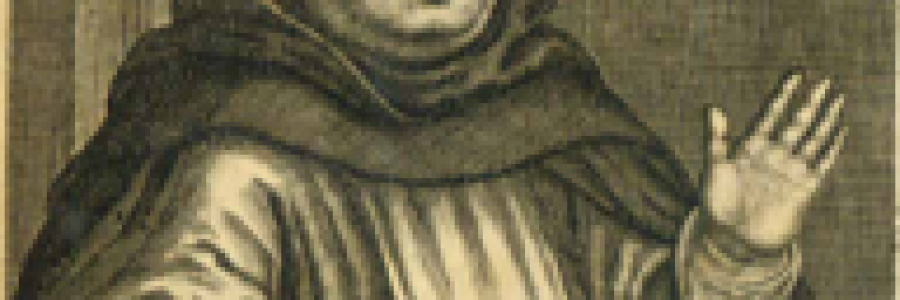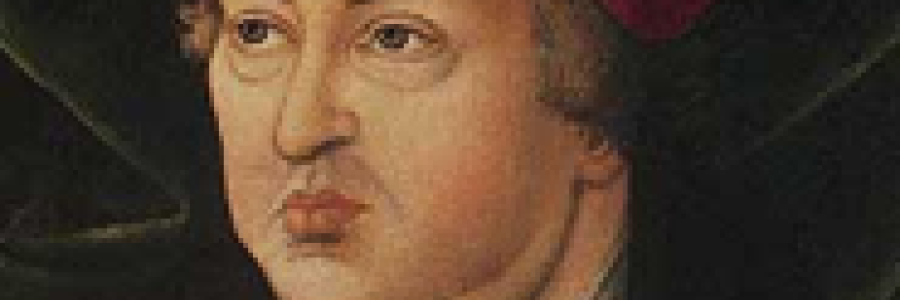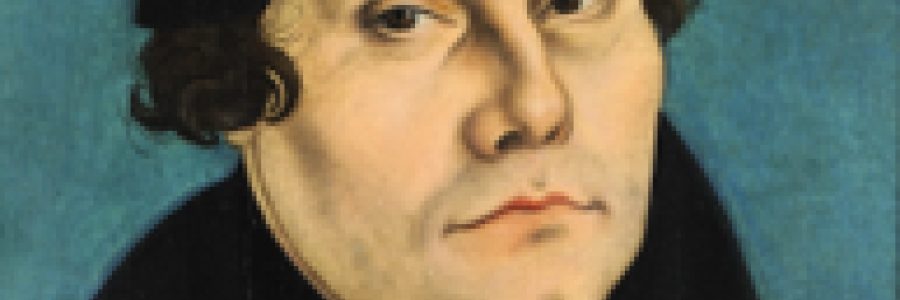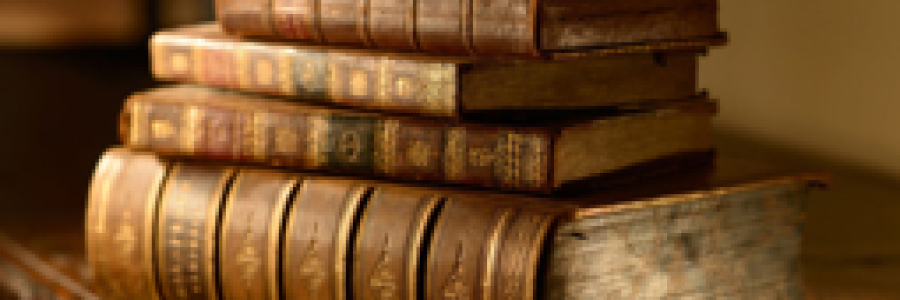Albert of Brandenburg was deeply in debt, after purchasing two church offices. Pope Leo X, desperate to raise funds for the construction of St. Peter’s, agreed to allow Albert to sell indulgences to both repay his own debt and help finance St. Peter’s. Thus, Tetzel came upon the scene.
A Bit About Tetzel from an Observer1
“At that time a Dominican monk named Johann Tetzel was the great mouthpiece, commissioner, and preacher of indulgence in Germany. His preaching sent enormous amounts of money which were sent to Rome. This was particularly the case in the new mining town St. Annaberg, where I, Friedrich Myconius, listened to him for over two years.
“The claims of this uneducated and shameful monk were unbelievable. Thus he said that even if someone had slept with Christ’s dear Mother, the Pope had power in heaven and on earth to forgive as long as money was put into the indulgence coffer. And if the Pope would forgive, God also had power to forgive. He furthermore said if they would put money quickly into the coffer to obtain grace and indulgence, all the mountains near St Annaberg would turn into pure silver. He claimed that in the very moment the coin rang in the coffer, the soul rose up to heaven. Such a marvelous thing was his indulgence!





Discussion